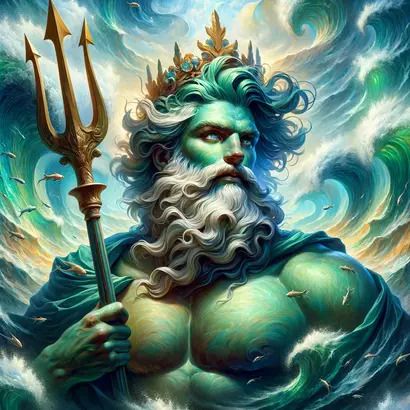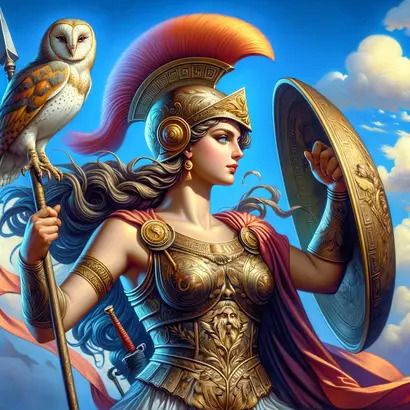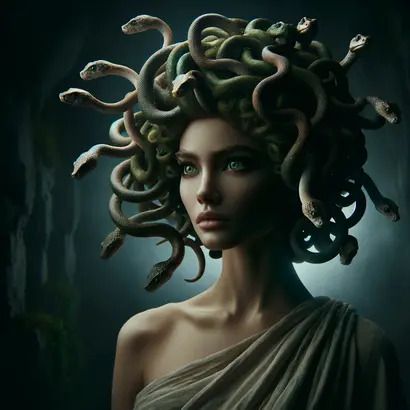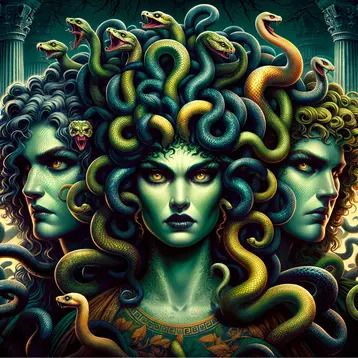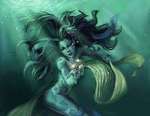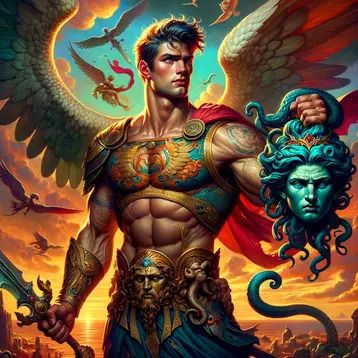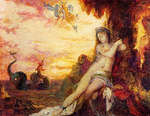
Andromeda
Andromeda was a princess in Greek mythology. She was the daughter of King Cepheus and Queen Cassiopeia, who ruled in the region of Aethiopia, which consisted of the Upper Nile region, along with areas south of the Sahara desert. Her mother boasted that Andromeda was more beautiful than the Nereids, daughters of Nereus and Doris, and companions of Poseidon; thus, she committed hubris and Poseidon decided to send a sea monster, Cetus, to ravage the lands of Aethiopia. After consulting an oracle, the king and queen chained Andromeda to a rock, in order to be sacrificed to the monster. However, the hero Perseus was nearby and heard of the imminent death of Andromeda; when the monster emerged from the sea, he managed to kill it, either by slaying it with a knife, or by exposing it to Medusa’s head and turning it into stone. Thus, Andromeda was saved. Perseus married her and she followed him on his journey back to Greece. They had nine children together. After her death, the goddess Athena placed her on the sky as a constellation, nearby her beloved husband Perseus and her mother Cassiopeia.
See Also: Cepheus, Cassiopeia, Nereids, Poseidon, Perseus, Medusa, Gorgons, Athena
Andromeda Q&A
Link/Cite Andromeda Page
Written by: The Editors of GreekMythology.com. GreekMythology.com editors write, review and revise subject areas in which they have extensive knowledge based on their working experience or advanced studies.
For MLA style citation use: GreekMythology.com, The Editors of Website. "Andromeda". GreekMythology.com Website, 28 Feb. 2015, https://www.greekmythology.com/Myths/Mortals/Andromeda/andromeda.html. Accessed 27 April 2024.

